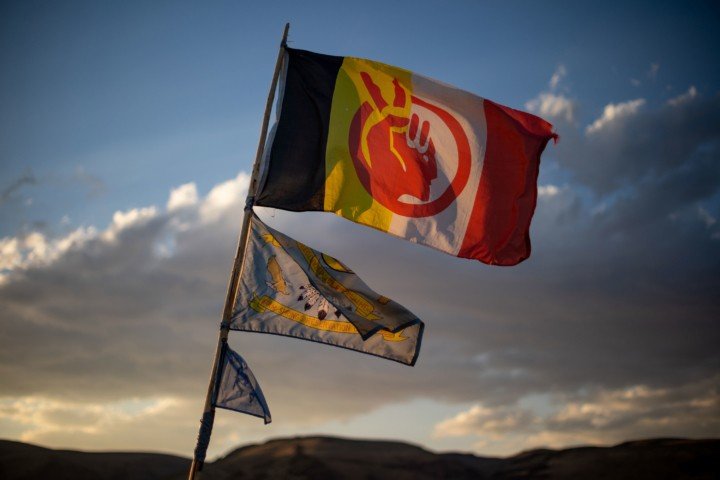In the state of Nevada, renewed scrutiny has emerged regarding the dynamics of clean energy expansion and Indigenous rights. Over the last several months, Tribal leaders, namely those from the Fort McDermitt Paiute and Shoshone Tribes are more specifically concerned around the proposed Thacker Pass lithium mine, which proponents argue will be an essential part of America’s energy transition. As negotiations persist among federal agencies, mining companies, Indigenous communities and tribes, these negotiations have highlighted environmental justice, the maintenance of cultural integrity, and the validity of consultations.
The Thacker Pass project, being run by Lithium Americas Corp., is projected to be one of the largest lithium mines in the United States. The project is located in northern Nevada close to the Oregon border, and is of both strategic and symbolic meaning. Lithium is a crucial input for rechargeable lithium batteries found in electric vehicles (EV’s), solar storage systems, and smartphones, among other devices. The Biden administration has been pursuing aggressive green energy efforts, and the administration’s priorities around lithium production has escalated, especially as they push for domestic production to diminish dependence on imported suppliers of lithium, mainly China.
Nonetheless, Thacker Pass, known as “Peehee Mu’huh” in the Paiute language, carries profound spiritual and historical implications for local tribes. It was the site of an 1865 massacre in which handfull of ancestors of the Paiute were murdered by a U.S. cavalry. Tribes claim that they were not meaningfully consulted before the Bureau of Land Management (BLM) allowed the project to move forward in early 2021.
The BLM believes it met its legal obligations to consult with tribes under the National Environmental Policy Act (NEPA). But tribal leaders insist there was inadequate consultation that was rushed and not in good faith. The Fort McDermitt Paiute and Shoshone Tribe demanded a formal cultural review of the site and a suspension of all construction until there is proper tribal consultation.
This highlights the important difference between consultation and consent. Under U.S. law, agencies must consult tribes about projects affecting ancestral lands, but they do not require consent unless the project is on a formal reservation. This has contributed to confusion and frustration among Indigenous populations, who often believe they do take part, but just symbolically, and not as decision-makers.
Lithium Americas has articulated that the mine represents job creation and an opportunity to meet global climate targets. The company has also undertaken community engagement efforts, including proposing job training and infrastructure assistance for tribal communities in the vicinity.
In order for the mine’s jobs and climate benefits to materialize, the following assumptions are in play:
That the ecological degradation will be benign or redressed.
That local tribes prefer economic development to maintaining tribal cultural traditions.
That regulatory approval is equivalent to moral right.
Environmental organizations and tribal attorneys are working to disrupt those presumptions. The Western Watersheds Project’s 2021 report noted the project could harm groundwater and key habitats for sage grouse and other native species; in fact, many tribal members have insisted that there is no economic mitigation for spiritual loss and desecrating sacred land.
The dispute at Thacker Pass is part of a larger phenomenon; similar tensions arose during the Dakota Access Pipeline and Arizona’s Oak Flat copper mine. Across the U.S., a trend is emerging where Indigenous communities are often nearby or affected by both fossil fuel and green energy sector developments, usually without representation at the table of decision-makers.
At an international level, this also raises questions about U.S. compliance with the United Nations Declaration on the Rights of Indigenous Peoples (UNDRIP).
The ongoing debate over the Thacker Pass lithium mine is more than just a local dispute, it reflects a contextual dilemma in the struggle to reconcile pressing climate goals with the rights of Indigenous peoples and environmental integrity. Lithium mining could be instrumental to decarbonizing the economy, but it’s not worth the trade-off of historical justice and cultural existence.
What we need now is not just process, but real conversations, conversations that treat Indigenous voices as a participant in the conversation not an obstacle. As the U.S. builds bridges to the green future, we also need to pay close attention to the social sustainability of what we do. The green future cannot be built on a legacy of exclusion.
for more news visit questiqa.us







Average Rating